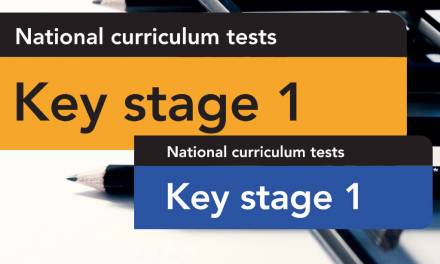Data, privacy and safeguarding issues within educational institutions have become a worry since the pandemic began, but could these issues have been dealt with better?
Recently, two Skinners’ Kent schools in Tunbridge Wells closed due to data breaches and became another case in data breaches within education. According to a Cyber Security Breaches Survey:
“36% of primary schools and 58% of secondary have experienced a breach or attack (down from 41% and 76% respectively in 2020) and it could be that there has been less monitoring and reporting of breaches this year, given the moves towards remote working during the COVID-19 pandemic.”
During the pandemic, education shifted to online learning with pros and cons for some platforms. Remote learning gave hackers easy access to personal information and also exposed children to a number of threats, highlighting a huge security risk.
Dr Joan Ramon Rodriguez-Amat, a principal lecturer at Sheffield Hallam University and also a governor for a primary school who has done research on privacy and data protection told EDClass:
“We need to learn about how more exposed online we are than we think. We need to track and see how many institutions have gone directly to big corporations with them just assuming there was a lot of security in place. From the pandemic we have learned a lot about the things we need to be aware of.”
Since the pandemic began, concern has been also raised if school staff are being appropriately trained on online delivery.
School staff must be aware of data security
Many teachers had to adjust quickly to accommodate for remote learning but safeguarding procedures were not properly implemented meaning personal information of children and their families were no longer protected against hackers.
The Cyber Security Breaches Survey also reported that:
“Cyber security training or awareness raising activities are not currently the norm in schools. A third of primary schools (34%) and four in ten secondary schools (39%) have undertaken any such activities in the last 12 months. This rises to just over half of further education colleges (56%).”
It is clear that staff have not been prepared or trained properly on online delivery and security. The pandemic caused institutions to quickly look for platforms to help their educational output without in-depth research into security and safety measures of those platforms.
Dr Rodriguez-Amat said:
“I think we should have been more critical about the process of adoption as professionals into which platforms were chosen. We spent too little time thinking what was best and what wasn’t and this resulted in a lot of rushed decision making.”
Data protection should always be prioritised
People’s personal data can include banking information, their addresses or passwords which, if in the wrong hands, can be used against an individual. This is why protecting people’s data is imperative and all protective measures should be taken.
The guide to the UK General Data Protection Regulation from the Information Commissioners Office states that data should be:
“processed in a manner that ensures appropriate security of the personal data, including protection against unauthorised or unlawful processing and against accidental loss, destruction or damage, using appropriate technical or organisational measures.”
Platforms need to ensure that whenever an individual uses their system that they are fully protected from any outside threat that they can easily be exposed to online.
Even Universities have been hacked and had data been held at ransom. This highlights the importance of online security that institutions must implement properly.
In terms of how to improve online security, Dr Rodriguez-Amat said:
“I would recommend training! Children start dealing with computers from an early age so they leave early footprints so we need staff up to date with what the children are up to and stay connected. Schools need to put in place regular training activities that would keep the staff up to date and keep them connected to the changes that are happening on a regular basis.”
EDClass offers a safe and secure platform
EDClass holds safeguarding as its highest priority with an up to date GDPR process, available on request, allowing learning to be done in a completely safe manner. EDClass also includes secure log-in procedures ensuring your data is protected.
Constant monitoring is in place and one-to-one support from qualified teachers and support staff are available for students. Alerts are also created once a student logs in or if they have any problems.
If you would like some information on how EDClass can help with your online learning then please call 01909 568 338, email mail@edclass.com or request a demo here.










